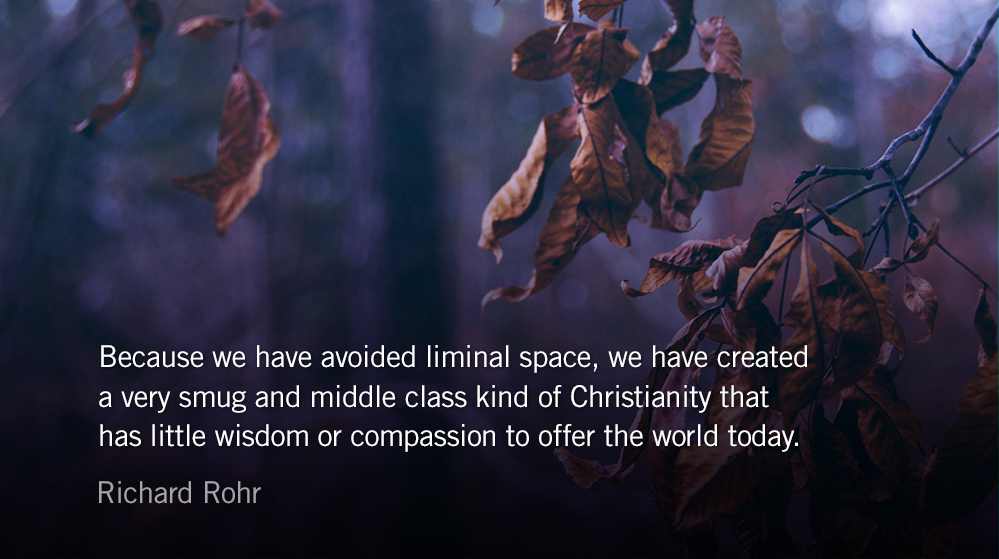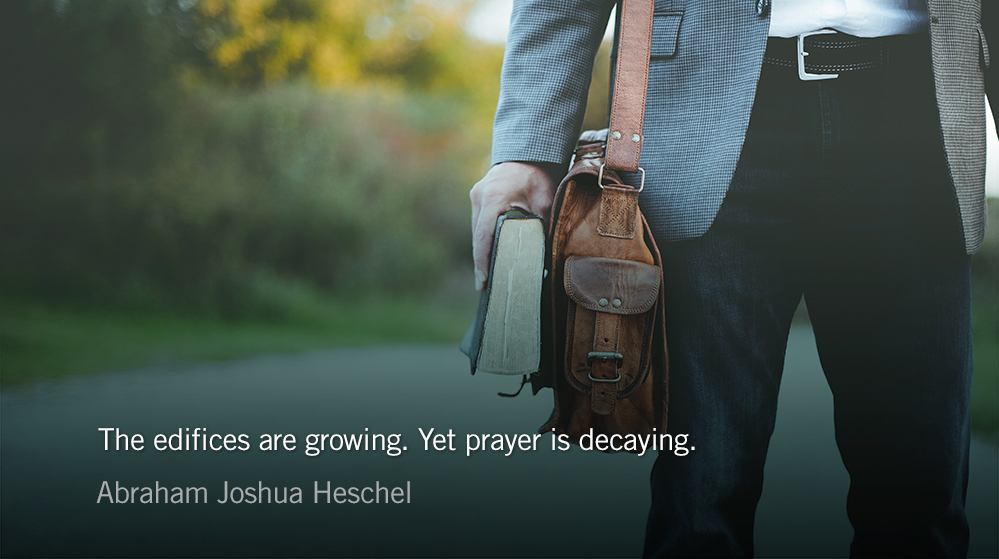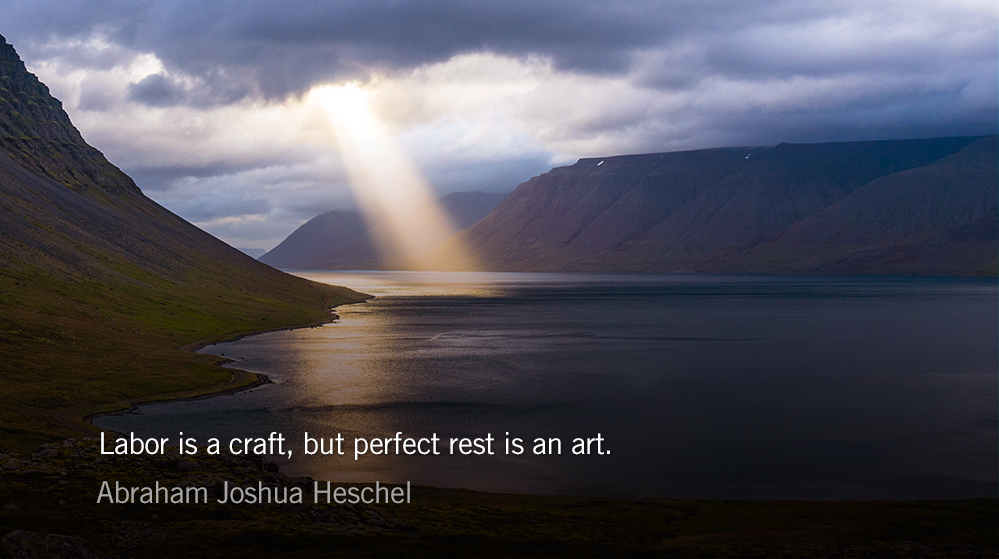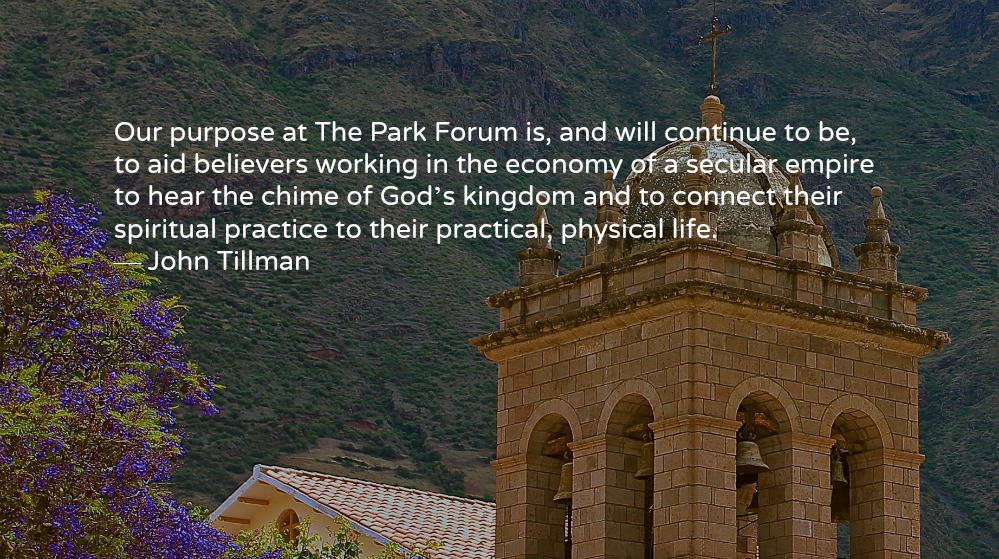This post pierced my heart. The Lord has been working on my heart about what REAL Christianity looks like in this hurting world…and He’s telling me that it means getting out of my comfort zone in order to allow others to be in theirs. When I think about your comment (“The invitation of faith is unnerving. Anything received without merit demands we leave the moorings we have always relied upon in order to discover a world yet unknown.”), I know that I’m not unmoored and unsettled enough to really allow God to work through me. I saved this post to re-read often to remind myself that feeling uncomfortable isn’t a bad thing. — Suzanne
Readers’ Choice (Originally published January 23, 2017)
“Faithless is he that says farewell when the road darkens.”
― J.R.R. Tolkien
Scripture: Genesis 24.40
But [Abraham] said to me, “The Lord, before whom I have walked, will send his angel with you and prosper your way. You shall take a wife for my son from my clan and from my father’s house.”
Reflection: Unsettled by Faith
The Park Forum
The closer Abraham drew to God, the more unsettled his life became. All of the fathers of faith were wandering creatures—their minds, souls, and bodies sojourning as the spirit led. And yet, time and again we read of the people of God trying to leverage God’s grace to create stability, comfort, and earthly benefit.
The great people of faith, like Mother Theresa and St. Francis of Assisi, among many others, purposefully held their lives in liminality—for this is where God moves. Richard Rohr explains:
We have to allow ourselves to be drawn out of “business as usual” and remain patiently on the “threshold” (limen, in Latin) where we are betwixt and between the familiar and the completely unknown.
There alone is our old world left behind, while we are not yet sure of the new existence. That’s a good space where genuine newness can begin. Get there often and stay as long as you can by whatever means possible. It’s the realm where God can best get at us because our false certitudes are finally out of the way.
The invitation of faith is unnerving. Anything received without merit demands we leave the moorings we have always relied upon in order to discover a world yet unknown. Rohr concludes:
Because we have avoided liminal space, we have created a very smug and middle class kind of Christianity that has little wisdom or compassion to offer the world today. Much of the work of authentic spirituality and human development is to get people into liminal space and to keep them there long enough that they can learn something essential and new….
Most of us cannot run off to the wilderness or the hermitage forever. But spiritual traditions offer temporary and partial liminality in experiences like pilgrimages, urban plunges into different levels of society, silent retreats, extended periods of fasting, solitude in nature, and sacred times like Lent and Ramadan. There has to be something different and daring, even nonsensical, to break our comfortable sleepwalk and our compulsive cultural trance. Mere piety will never do it.
The Request for Presence
Be my strong rock, a castle to keep me safe; you are my crag and my stronghold.
– From The Divine Hours: Prayers for Springtime by Phyllis Tickle.
Full prayer available online and in print.
Today’s Readings
Joshua 12-13 (Listen – 8:18)
Psalms 145 (Listen – 2:19)











